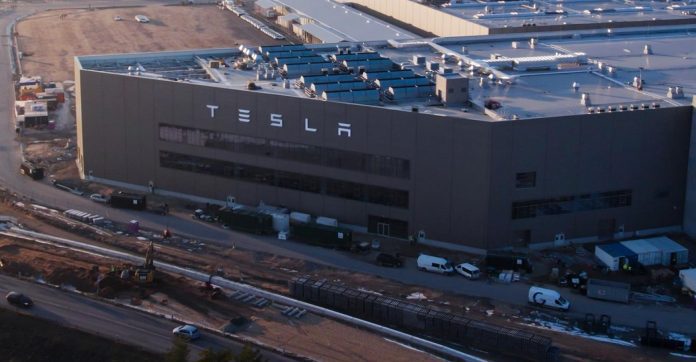On March 5, Tesla was forced to close its Gigafactory in Berlin due to a massive power outage that might have resulted from an arson attack.
In the preceding weeks, the Gigafactory faced challenges stemming from the Yemeni civil war, hindering production due to supply constraints caused by disrupted cargo routes. First, the Gigafactory was unable to continue production because of difficulties passing cargo ships through the Bab el-Mandeb Strait and the Gulf of Aden.
Then, there have been some setbacks for the Tesla Gigafactory Berlin, located in the nearby town of Grünheide. The plant’s expansion has been opposed by the local residents who have voted against it. This expansion would require clearing more than 100 hectares of forest, raising concerns among environmental activists who have set up camp in the surrounding forest.
Adding to the trouble, the Gigafactory was forced to halt manufacturing and evacuate the facility. This was due to a possible power supply sabotage that affected the plant’s operations.
According to German news website, The Local, far-left activists claimed responsibility for the attack, but this remains unconfirmed by police.
“With our sabotage, we have set ourselves the goal of achieving the biggest possible blackout of the Gigafactory,” said the Vulkangruppe (Volcano Group) in a statement posted on a far-left website.
Tesla informed local German media that they had secured the factory. However, due to the current state of the electrical grid, it remains unclear when production can resume.
Ultimately, the EV maker has taken all necessary precautions to safeguard the production facilities, but after consulting with the electrical supplier EDIS, it is unlikely that production will resume anytime soon.




